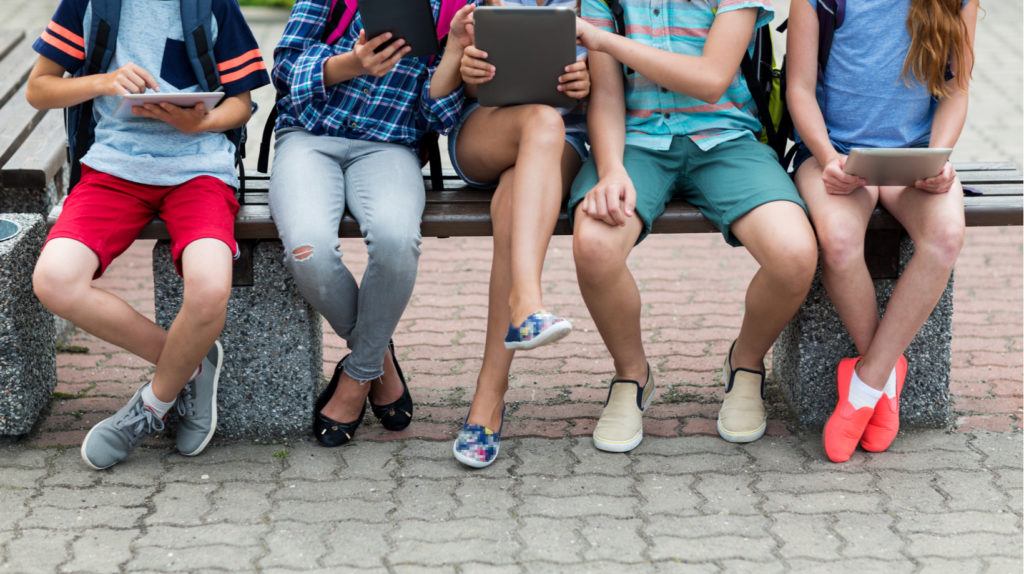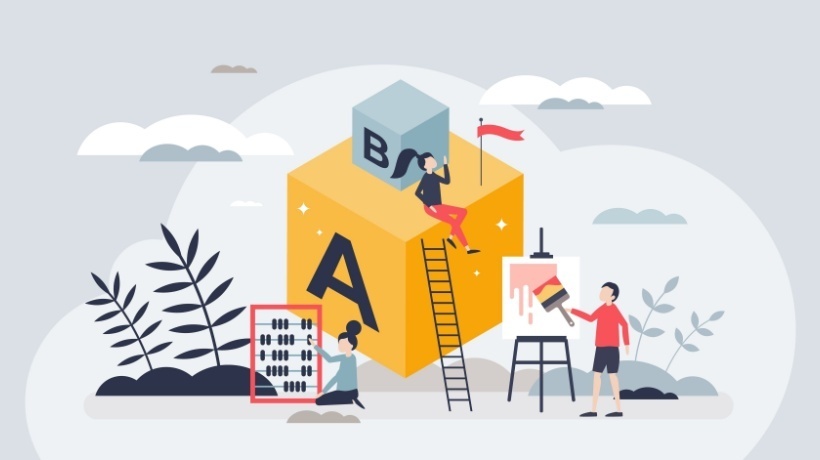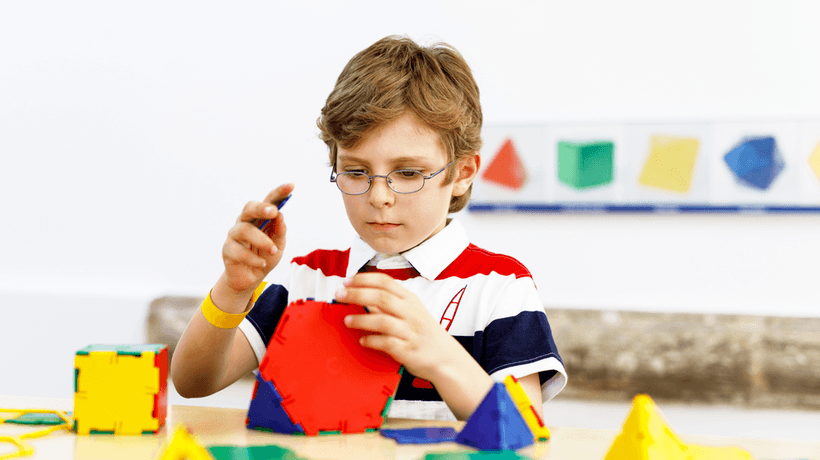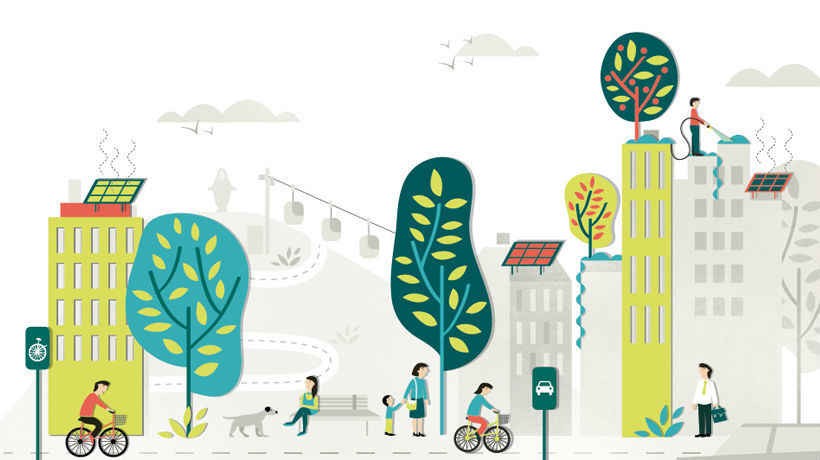The Impact Of eLearning On The Way Children Acquire Knowledge
There are still people who fervently oppose the idea of eLearning and point out just the negative sides (which do exist but are often exaggerated), but they simply fail to recognize all the benefits that we can get only if we are smart enough to use the modern technology well. Let’s take a look at how children exposed to eLearning acquire knowledge nowadays.
1. eLearning Engages The Senses
Studies show that children rely predominantly on their sense of sight and hearing when learning, and modern technology can actually make their study more engaging by providing videos instead of pictures, for example. Also, having a much wider range of options when it comes to resources naturally arouses children’s curiosity, thus making them more likely to remember more easily and stay focused for much longer.
2. eLearning Fosters Interaction
Contrary to popular belief that eLearning deprives students of social and emotional contact with their peers, we are now certain that this is only true if modern technology is used inappropriately. If we look at all the vivid colors, images, and videos contained in a piece of eLearning software, we can conclude that children will be more motivated to check out the content. Also, if they interact with the content, the chances of retaining the knowledge gained in this way are also increased. All that teachers have to do is actually set up the task so that children need to cooperate and interact with each other to get the best results.
3. Learning As A Consequence Of Engagement
Today’s children don’t have the attention span their parents had, which means the learning aids from the past are no longer proving effective. Instead, they need quizzes, games, and other similar, highly interactive things to get engaged. If designed appropriately, such modern methods actually help children learn without being aware that learning takes place. They believe they are competing or simply having fun, but the result of this activity is learning.
4. eLearning Offers Online Assistance
Not only has technological development brought about new opportunities for learning, but it has also made it much easier to get the help you need. Children can now communicate with their teachers outside the classroom, they can interact with each other without their teacher being present or they can even use platforms to exchange notes or get those they need for studying.
5. Videos Have Replaced Texts
If a picture is worth a thousand words, how many words does a video replace? Children may be less interested in reading a book, but that doesn’t mean they will forever be deprived of a great opportunity to learn and develop. Even adults now prefer to watch a video on YouTube on how to prepare a meal or replace windshield wipers to reading a recipe book or manufacturer’s instructions.
6. Learning That Can Take Place Anywhere
Until not so long ago, most learning was actually restricted to the classroom, which required the physical presence of both teacher and students. In the world we live in, where mobility is one of the increasing trends, we often can’t commit to being at the same time at the same place over a long period of time. That’s why eLearning has become so popular with students and teachers alike. Learning can take place outside the classroom and, at the times, when the school is actually closed. For children who look for flexibility, this is priceless.
Although eLearning has still not been introduced to many parts of the world, and in others it is still not used properly, there is no question that it is the future of education, and the sooner we embrace it, the better off our children will be.









